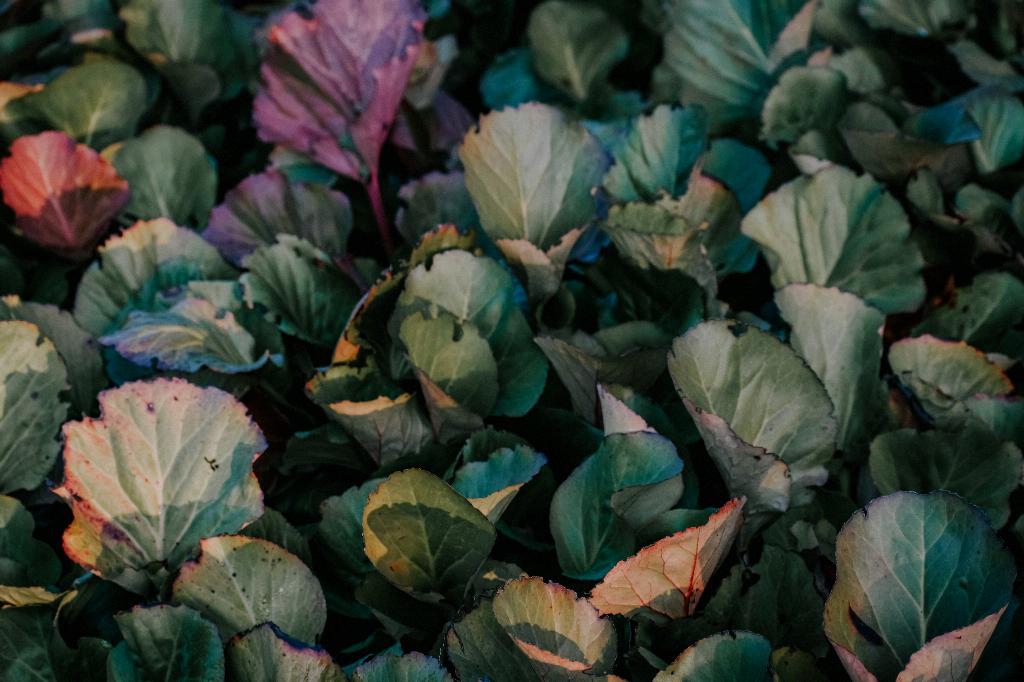One common concern among pet owners is the toxicity of certain plants to their furry friends. When it comes to begonias, caution is advised. While these beautiful flowering plants are a popular choice for gardens and indoor spaces, they can pose a risk to dogs if ingested.
It’s important to note that while the most toxic parts of the begonia are underground, all parts of the plant can still cause harm to pets. Dogs, cats, and even horses and grazing animals can experience adverse effects if they come into contact with begonias.
Begonias contain substances that can lead to vomiting in dogs and cats. Ingesting these plants can cause gastrointestinal upset in pets, leading to symptoms such as drooling, nausea, and abdominal pain. In severe cases, ingestion of begonias can even result in more serious complications.
Due to the potential risks associated with begonias, it’s crucial for pet owners to take preventative measures to protect their furry companions. This includes keeping begonias out of reach of pets and ensuring that they are not able to access these plants in the home or garden.
If you suspect that your dog has ingested a begonia or is showing symptoms of plant poisoning, it’s important to seek veterinary attention immediately. Prompt treatment can help mitigate any potential harm caused by the ingestion of toxic plants.
While begonias can add beauty to your living space, it’s essential to prioritize the safety and well-being of your pets. By being aware of the potential risks associated with certain plants, such as begonias, you can create a safer environment for your furry friends.
It’s recommended to familiarize yourself with common toxic plants and take steps to prevent your pets from coming into contact with them. This proactive approach can help minimize the risk of accidental ingestion and subsequent poisoning incidents.
Households with pets should consider opting for pet-friendly plants to reduce the risk of plant-related toxicity. Researching and selecting non-toxic plant varieties can help pet owners create a pet-safe environment while still enjoying the beauty of indoor foliage.
Education is key when it comes to pet safety and plant toxicity. Understanding the potential risks associated with certain plants, such as begonias, can empower pet owners to make informed decisions about their home environment and safeguard their pets from harm.
Remember that prevention is the best form of protection when it comes to pet safety. By taking proactive measures to eliminate potential hazards in your living space, you can create a safer environment for your pets and reduce the likelihood of plant-related accidents.
Ultimately, while begonias can enhance the aesthetic appeal of your home or garden, their toxicity to pets is a critical factor to consider. Being mindful of the plants you choose to have in your living space and taking steps to minimize risks can help ensure the well-being and health of your beloved furry companions.
In conclusion, while enjoying the beauty of begonias, pet owners should prioritize pet safety and take necessary precautions to prevent any potential harm to their dogs or other pets. By staying informed and proactive, pet owners can create a pet-friendly environment that enriches both the lives of their furry friends and their own.

